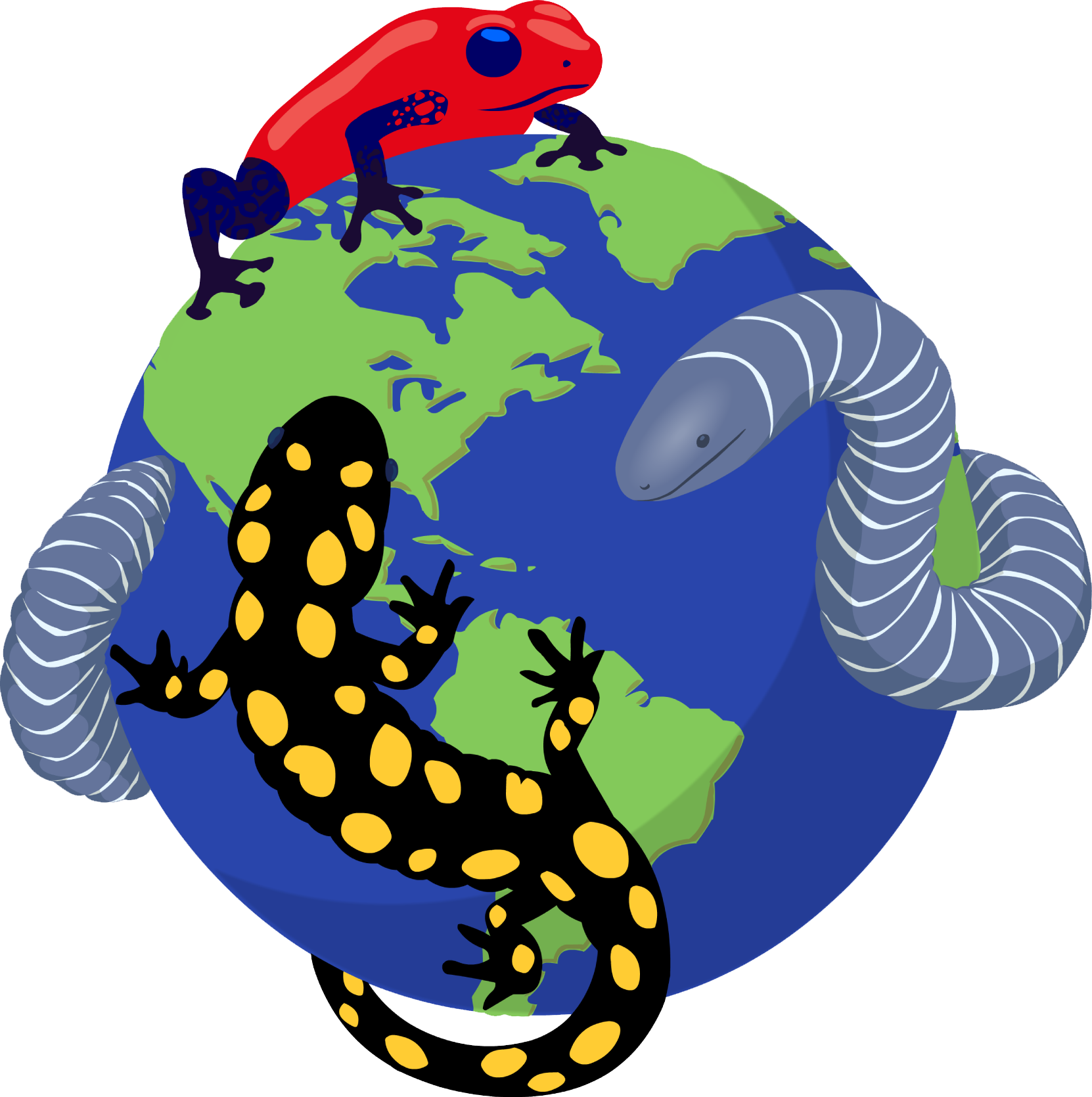|
Description
Limnophys necerus is a large member of the genus, at a maximum SVL of 93.3 mm. The following combination of characters differentiates this species from its congeners. The snout is truncate when viewed laterally. The frontoparietals posess low parasagittal cranial crests which do not form bosses and do not extend onto nasals. Ulnar tubercles are present and not enlarged. Fingers lack lateral finges and digit tips have narrow discs. The thumb is longer than the second finger. Skin is tuberculate and ridged above in young and adults. The tarsus lacks tubercles or folds. Toes bear lateral fringes and lack basal webbing. Toes also have discs and pads which are larger than those on the fingers. The head is as broad as the body, head width is 46.2% SVL. Nostrils are directed laterally. The skin of the had is smooth with numerous large warts. The forearm does not bear distinct ulnar tubercles or folds. Two metatarsal tubercles are present, where the inner is laterally compressed and is 4 times as long as it is wide; outer tubercle is 1/6 to 1/7 the size of inner metatarsal tubercle. In preservative, the coloration is as follows: medium to dark brown is diagnostic of the dorsum in preserved specimens with indefinite darker brown spots and blotches. The limbs have brown bars which their width is about equal to the interspaces. Ventral coloration consists of cream or white coloration except for some dark brown spots at the edge of the lower jaw and at the base of the forearm. The posterior surfaces of the thigh are black with large cream spots. Distribution and Habitat
Country distribution from AmphibiaWeb's database: Ecuador
Known only from the moderate elevations on the Pacific versant of Ecuador.Life History, Abundance, Activity, and Special Behaviors
Not much is known about the species. Possible reasons for amphibian decline General habitat alteration and loss
References
Lynch, J. D. (1975). ''A review of the broad-headed eleutherodactyline frogs of South America (Leptodactylidae).'' Occasional Papers of the Museum of Natural History, The University of Kansas., (38), 1-46.
Originally submitted by: Raul E. Diaz (first posted 2004-08-27)
Edited by: Kellie Whittaker (2007-12-01)Species Account Citation: AmphibiaWeb 2007 Strabomantis necerus <https://amphibiaweb.org/species/3076> University of California, Berkeley, CA, USA. Accessed May 10, 2025.
Feedback or comments about this page.
Citation: AmphibiaWeb. 2025. <https://amphibiaweb.org> University of California, Berkeley, CA, USA. Accessed 10 May 2025.
AmphibiaWeb's policy on data use.
| 



 Map of Life
Map of Life